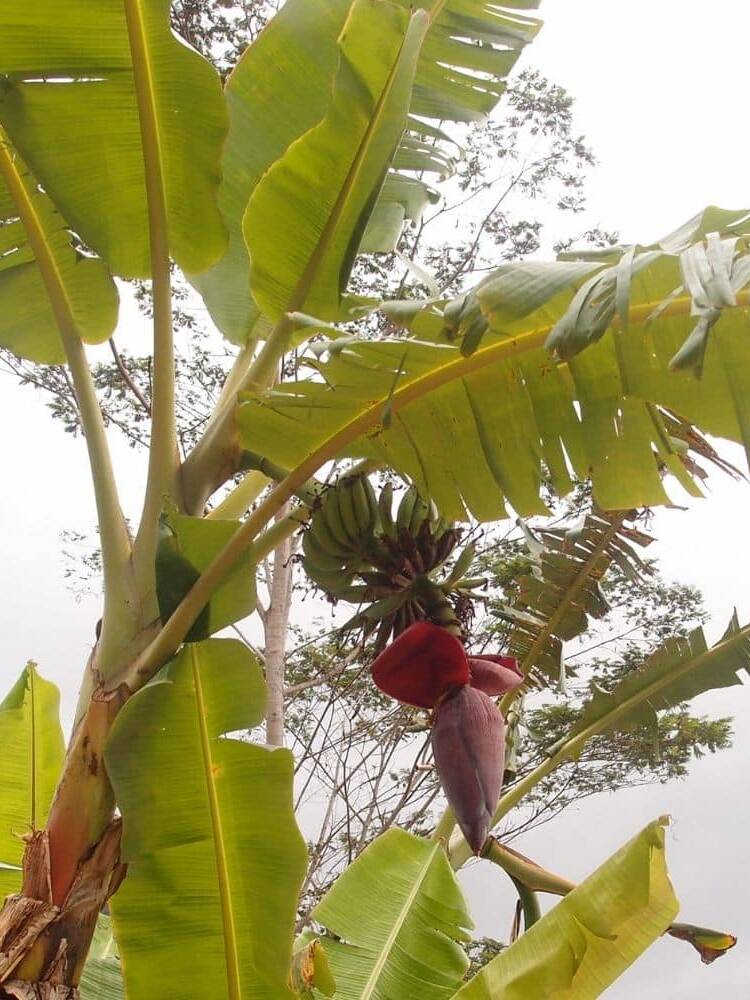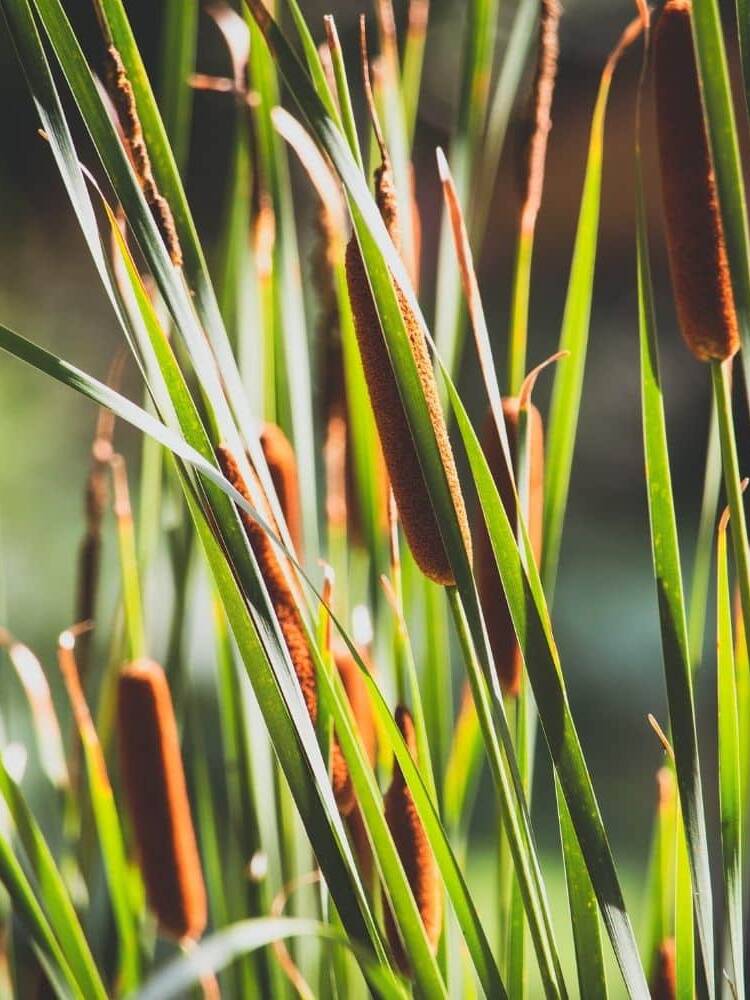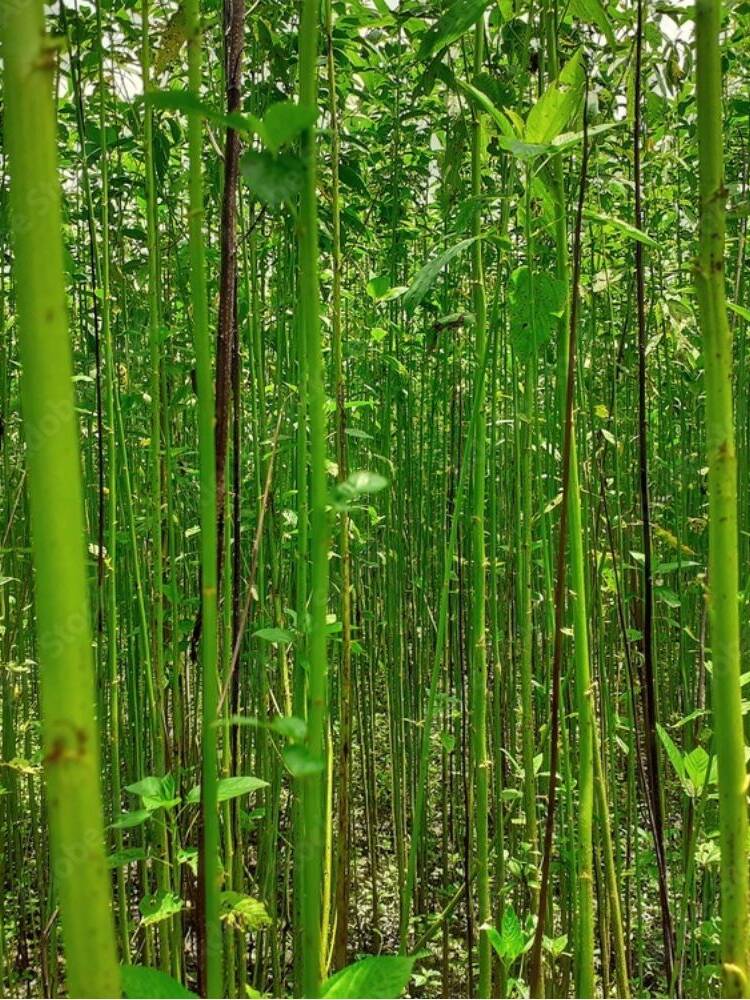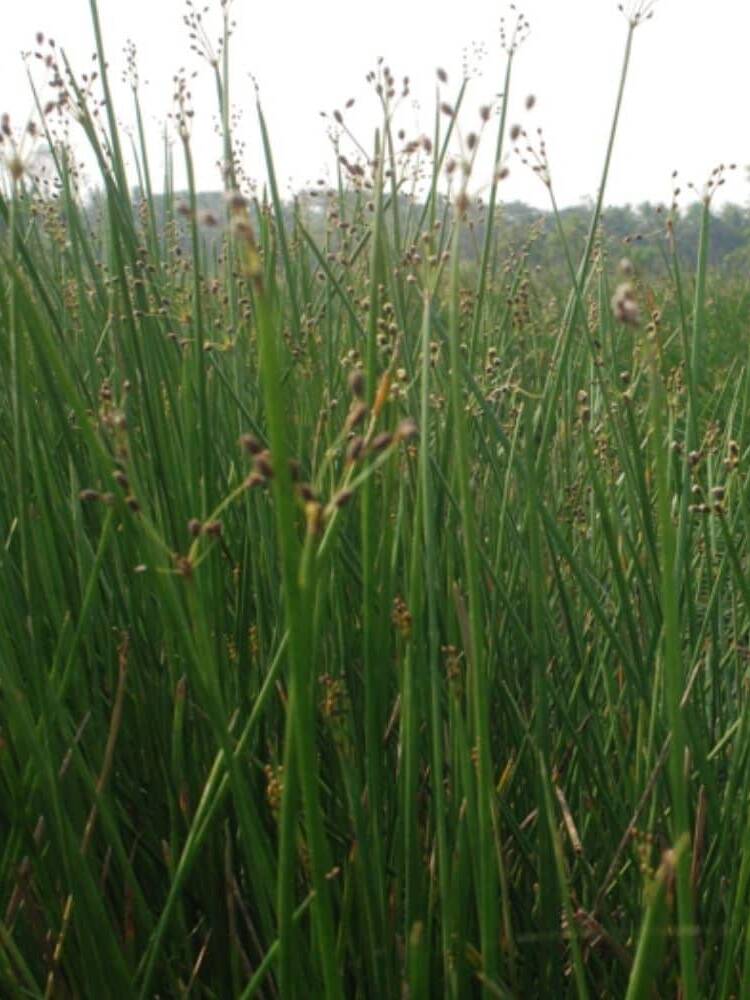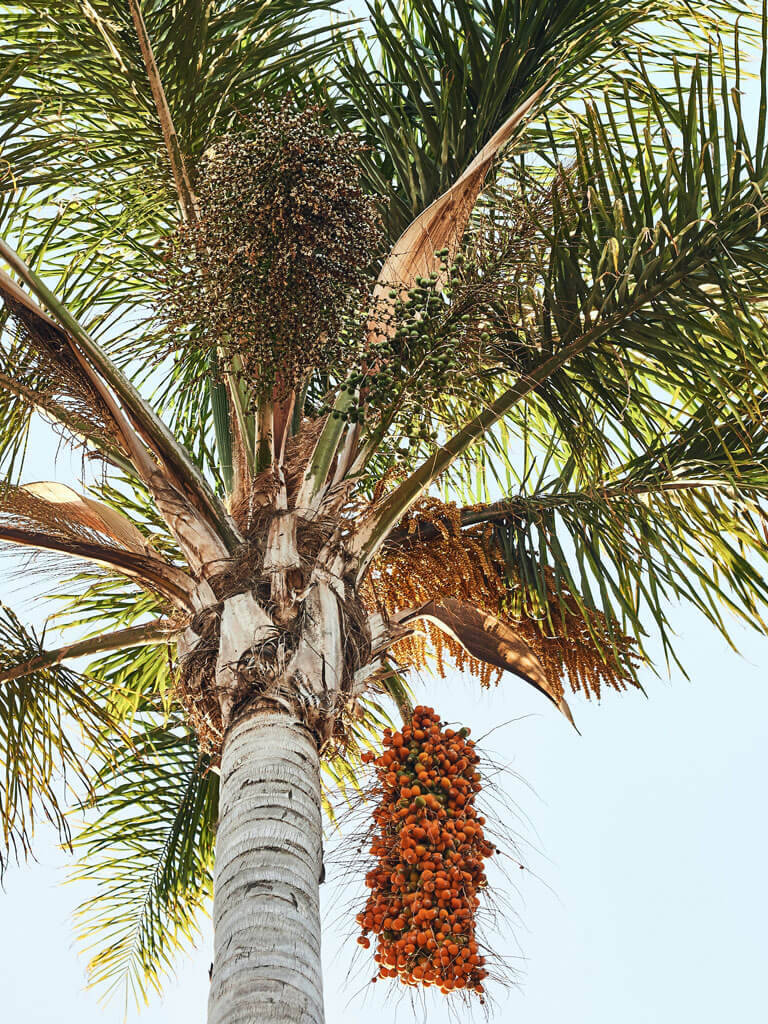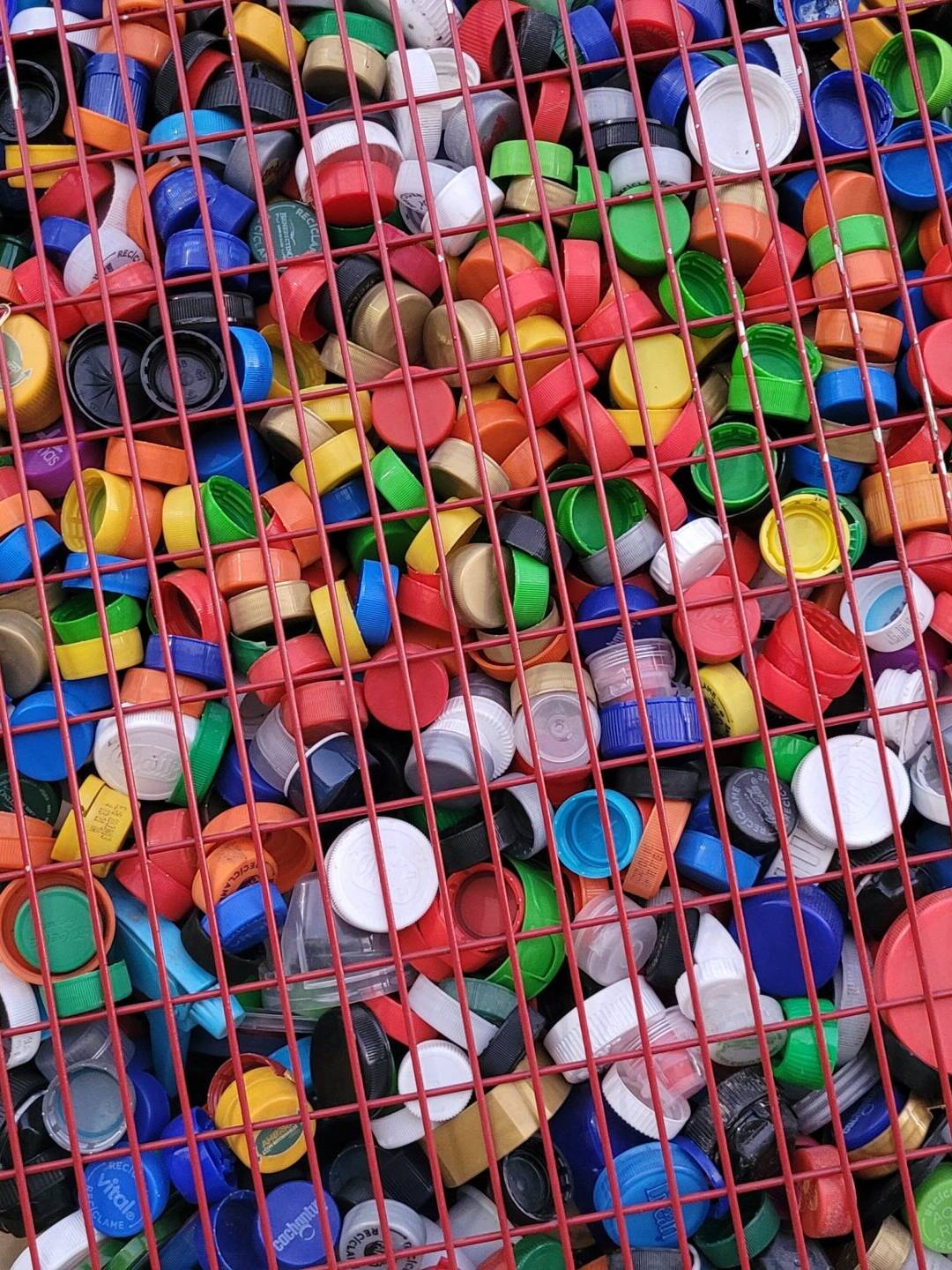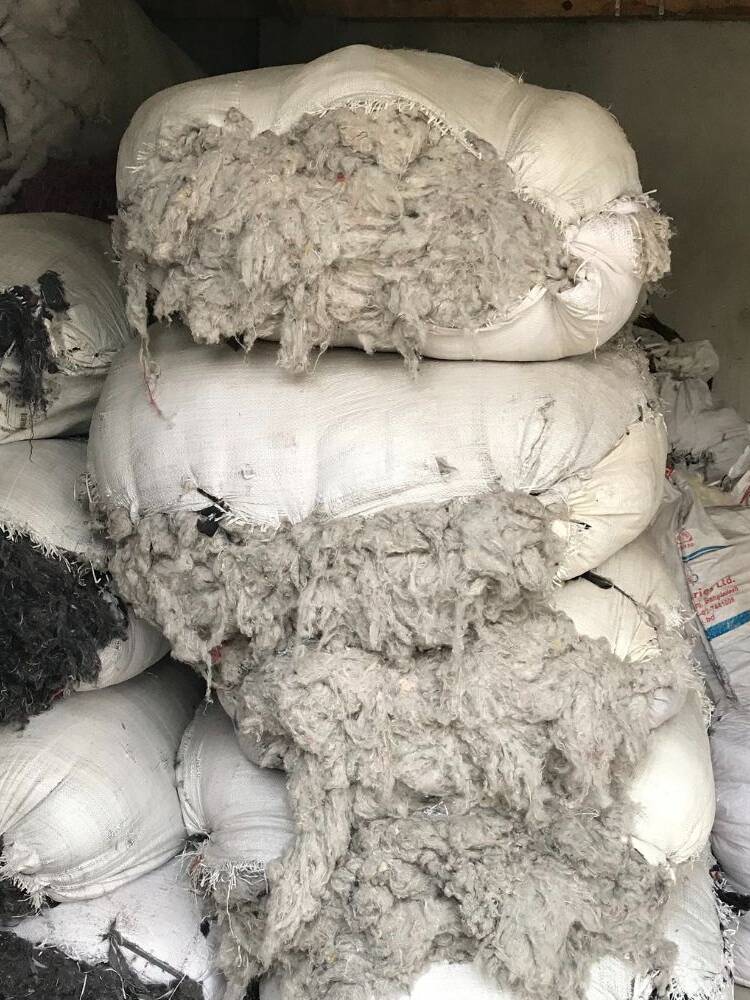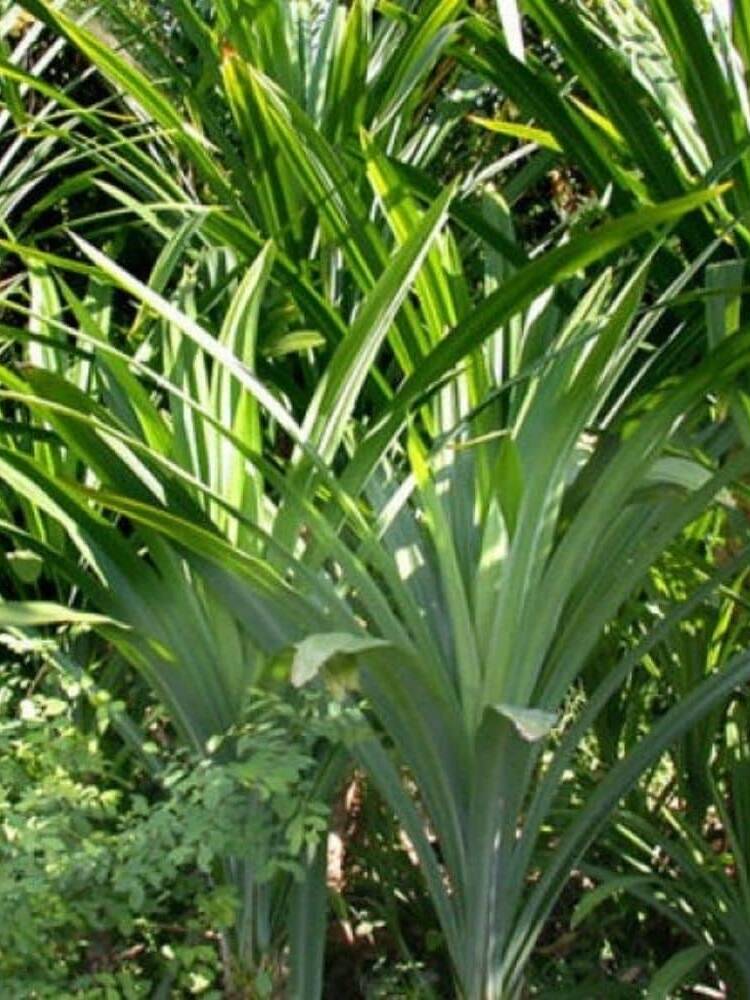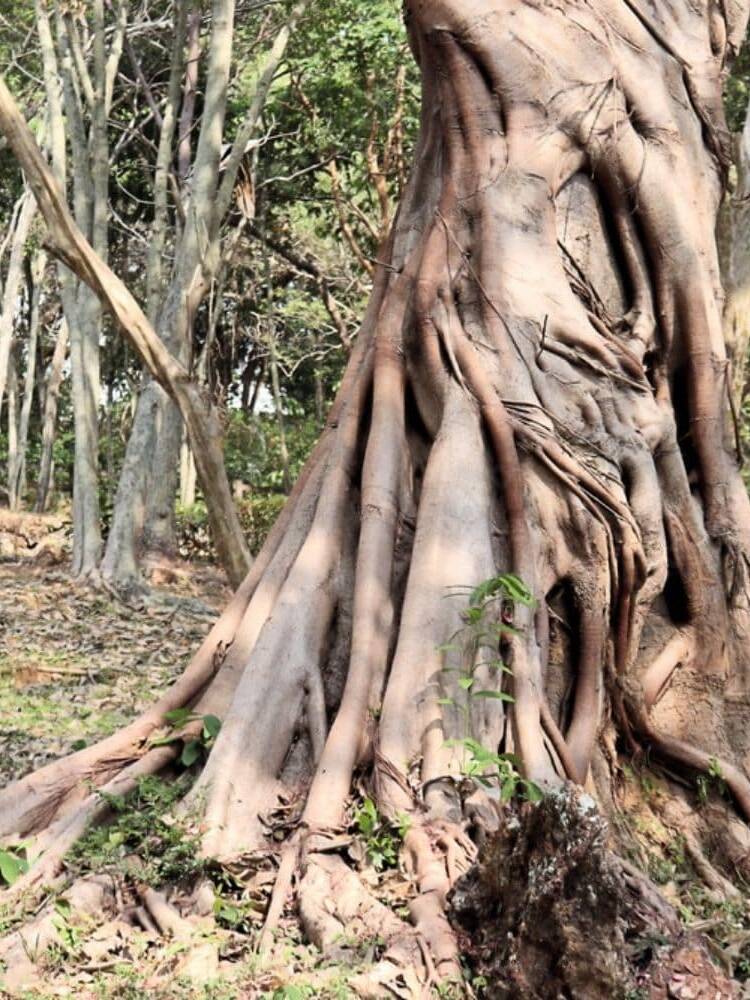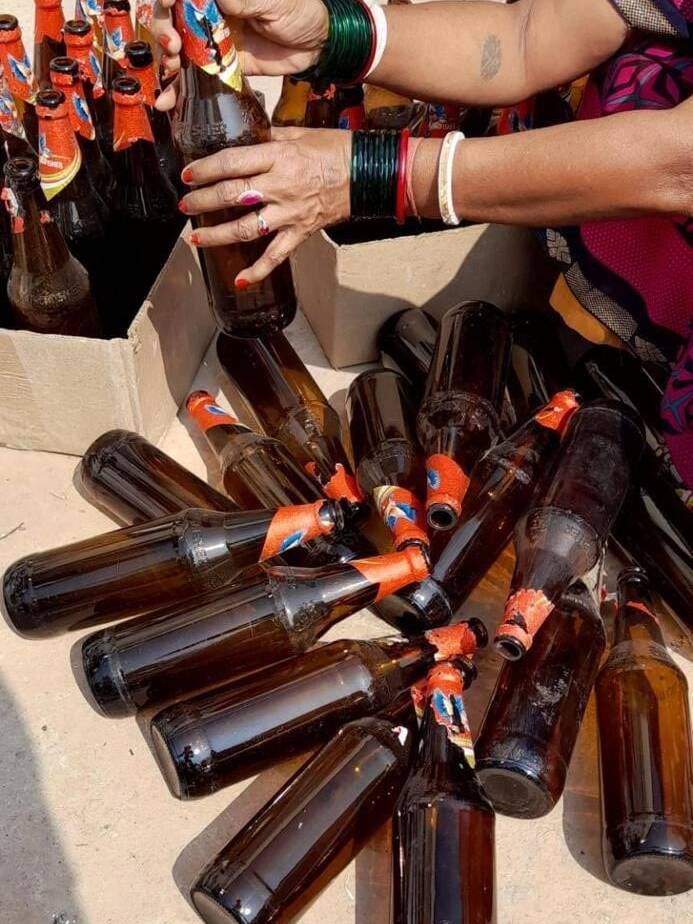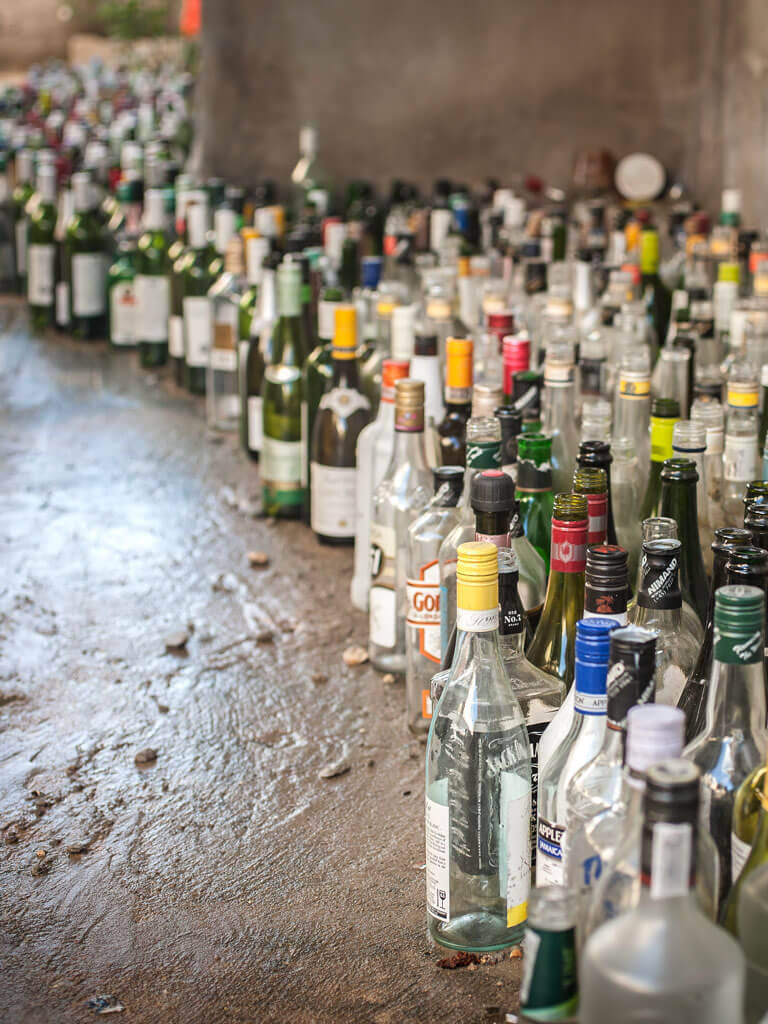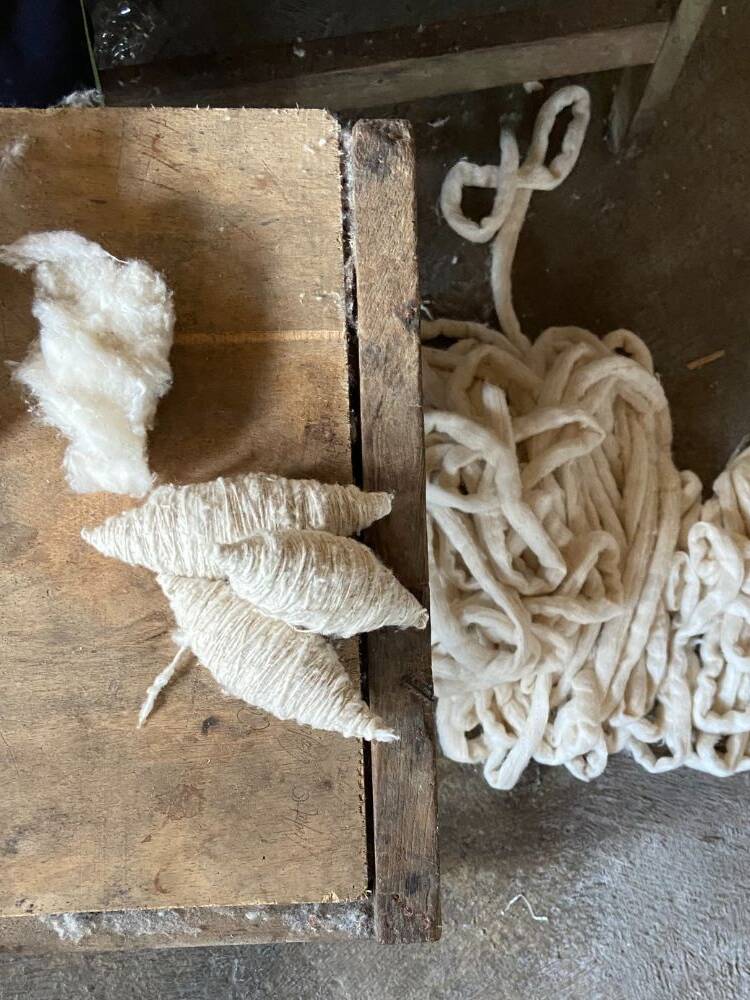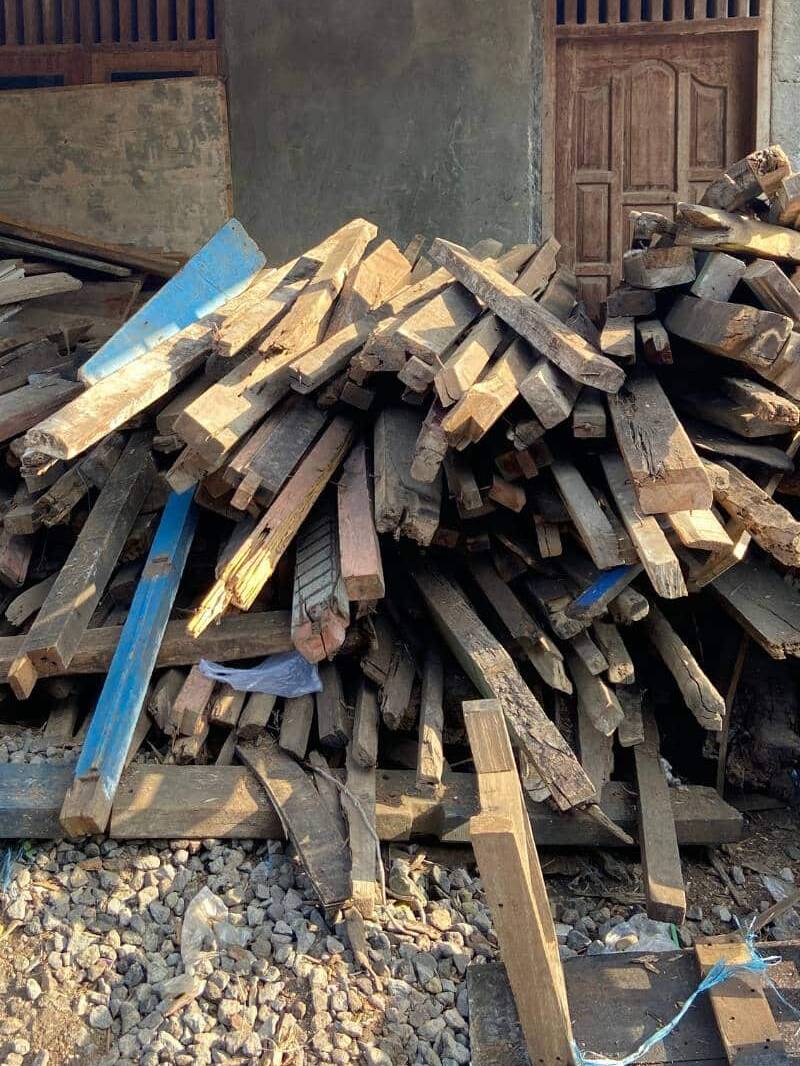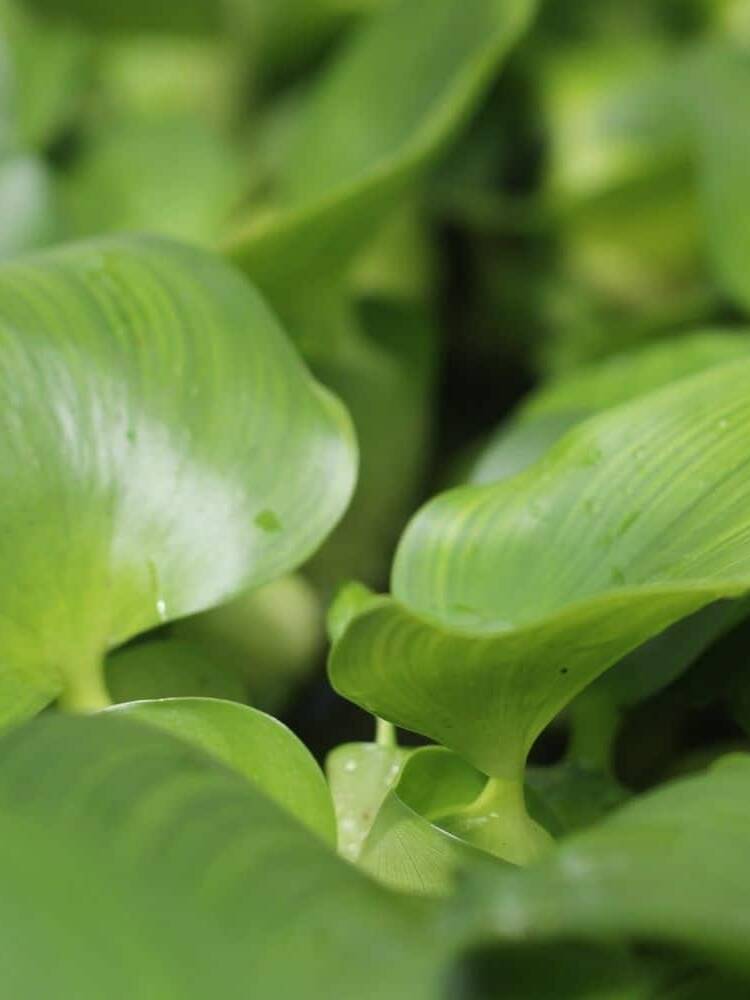Rattan
Rattan is a strong natural fiber used as raw material for lampshades. Rattan grows abundantly in the rain forests of the Indonesian archipelago. It grows naturally without any fertilizers and improves biodiversity by co-existing with other vegetation. The rattan tree is not completely harvested as the natural fiber used comes from the lianas of the tree. The rattan is a sustainable material as the tree can be harvested for a few decades without harming the environment around it.
Sustainable & local sourcing
The rattan comes from rattan gardens on the island of Kalimantan, Indonesia, 1270 kilometers from the workshop. The gardens are often planted as part of the swidden agriculture cycle after the land is used for crops such as rice, sweet potatoes, corn, etc. Rattan gardens become part of a secondary forest and promote biodiversity as they co-exist with other plants. Rattan can be harvested around 8 years after the plantation, and, as the lianas are the only part that is cut, rattan stem can be harvested for a few decades. Rattan is therefore a sustainable material and harvested by hand on a non-industrial scale.
Environmentally friendly production
The entire production process of Rattan is completely executed by hand and without the use of electricity or other fuels. Locals cut the rattan lianas from the stem by hand, with simple tools. The fibers are cleaned and naturally dried in the sun. Afterward, rattan products are handwoven by craftspeople in a small workshop in Java, Indonesia.
Creating job opportunities
From harvesting until the end product, the entire process is executed by hand and/or with the support of simple traditional tools. Multiple people have to be involved, which means more jobs and income for the rural communities.
Other Materials & Production
Nature is at the origin of the originalhome collection. To minimize a negative impact on our eco-system we solely use natural, organic, biodegradable, non-toxic and eco-friendly materials and/or materials that would otherwise be considered as waste. The products have been sourced and produced with the lowest environmental impact possible.
